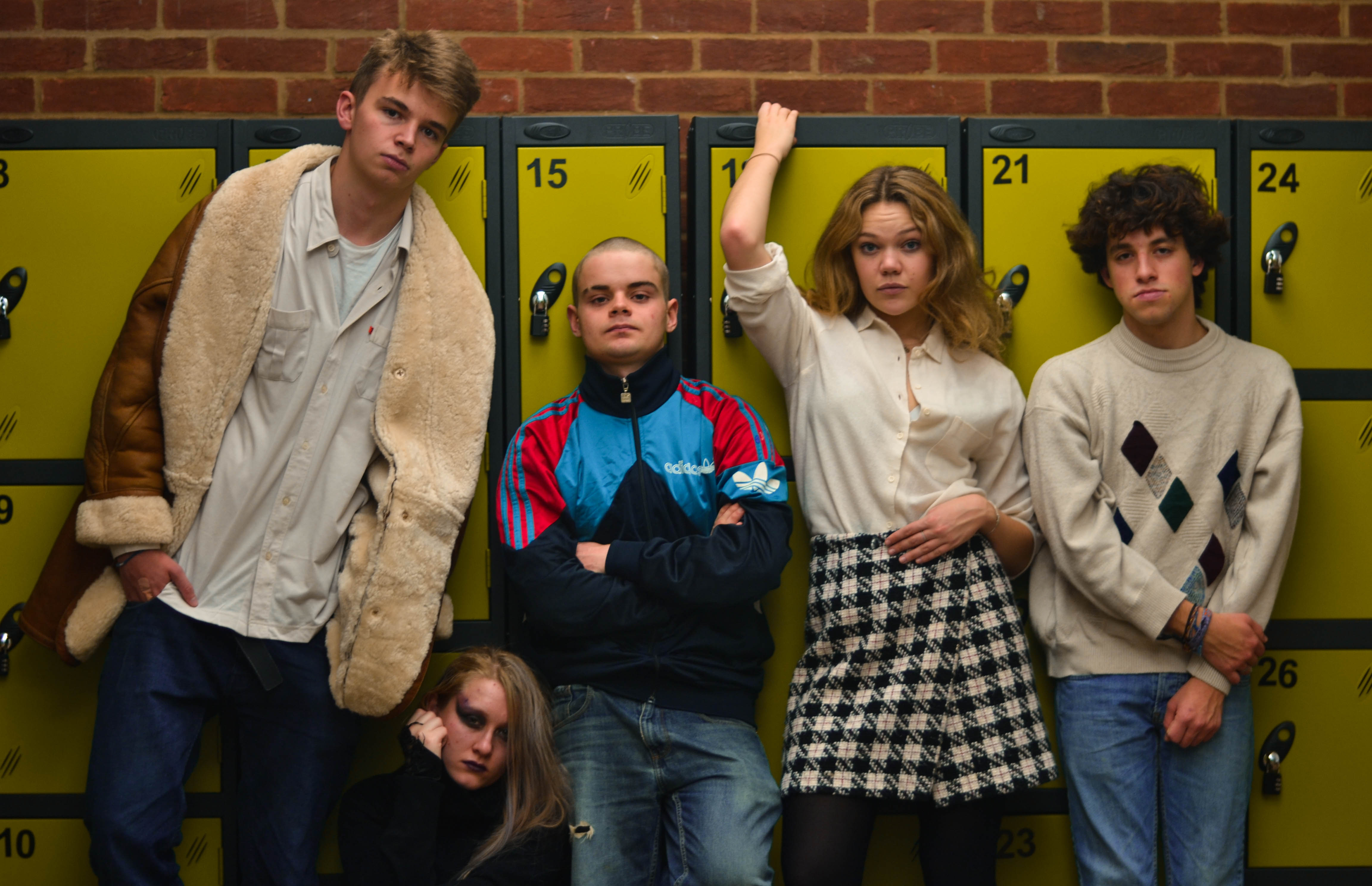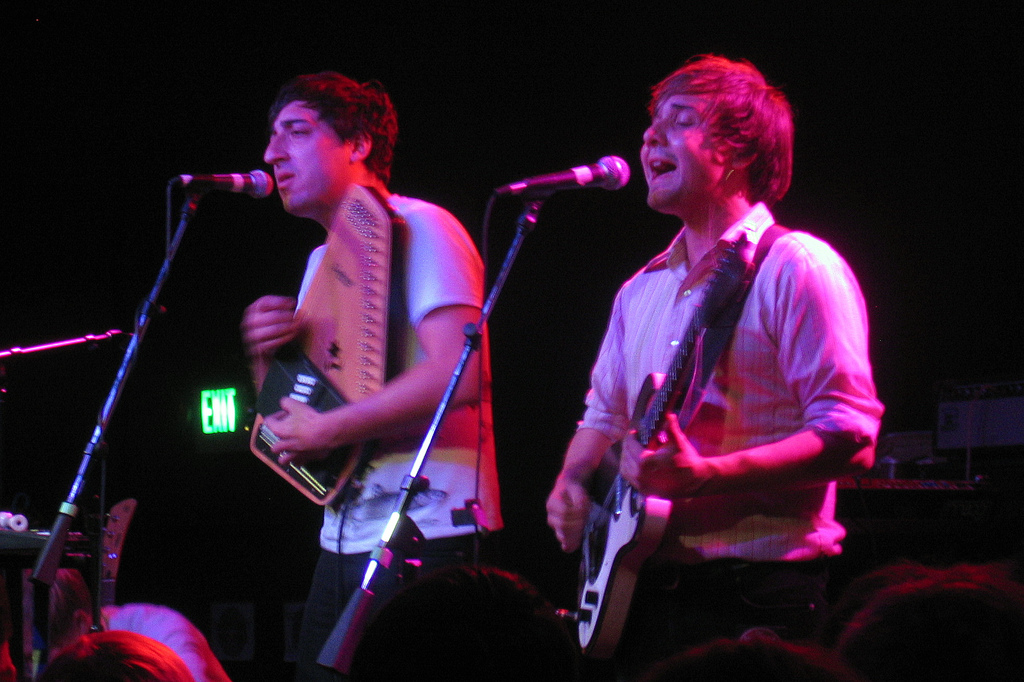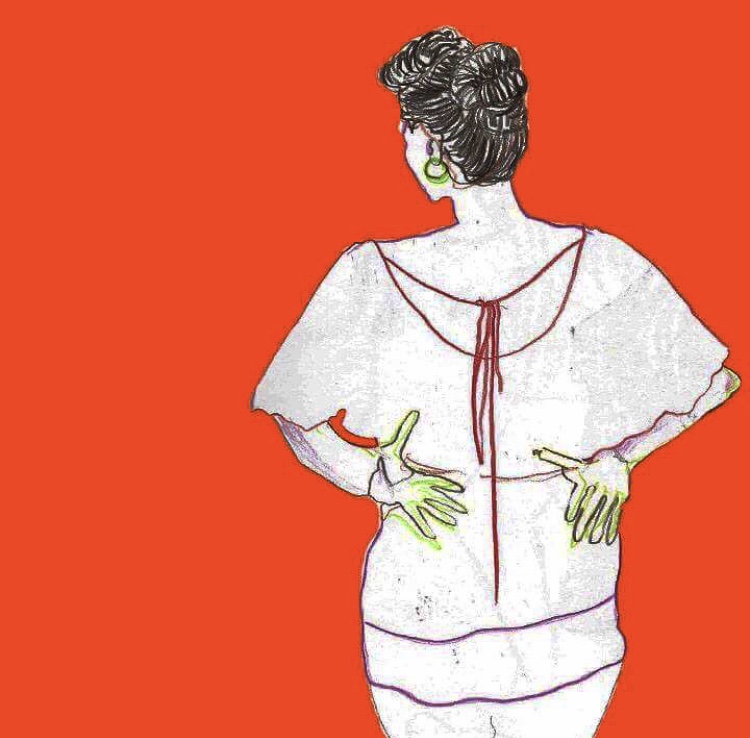SUDS’ last play of first term is a coming-of-age comedy drama, directed and written by Emma Phillips, entitled ‘Society’. The play is centred around five British teenagers of Thatcher’s era who are forced to spend a day long dentition together. All from different subcultures and backgrounds, each character represents a different strand of the society at the time.
Sarah (Rhiannon Drakeley) is a Tory posh girl, who is a fully reliant ‘Daddy’s’ girl and shallow popular princess. James (Joe Jennett) is the brilliant family-inherited skinhead football thug, who comes across as an ASBO induced brawler- think ‘Green Street’ meets ‘Trainspotting’ with a touch of ‘Football Factory’.
David (Jonathan Bensusan-bash) is the stereotypical school geek, who’s outward perfection is a product of pressured parenting, however, with a cost. Joanne (Aimee Fullbrook) is the compulsory freak and outsider of any secondary school environment, silent and still, she doesn’t have many lines. However, her awkward silence and occasional odd comments carries her character through the scenes.
By far the most impressive performance of the night was Joe Ward, who plays the thatcher-hating (though also slightly thatcher-obsessed) northerner, son of a miner union worker, jack the lad Stevens. He is the main catalyst of chaos, confrontations and revelations, that develops all the characters forward. He pushes the boat and creates the claustrophobic nature in which all the explosive scenes happen, including some heavy self-confessional monologues.
The play is nicely glued together by Mr Bevan (Tristan van Rhyn), the teacher looking after the students, who interludes the scenes of character development with the odd behavioural check up.
Drawing on influence from John Hughes 1985 ‘The Breakfast Club’, the play is advanced by the clashing of these personalities, in which they test each other immensely. As the play progresses the revelations (some surprising) of why each character is there becomes apparent.
After watching Society, you can’t help but relate to the character that most represents you and question your own place in today’s society. Phillips’ play can almost be seen as a direct challenge to Margret Thatcher’s infamous quote ‘There is no such thing as society’, in which the quote is directly addressed in the last scene.
Proving that no matter how different we all are, we all share the same ‘hopes and dreams’, and prove that not only does a society exists, but also it is vital for our existence.
So take that Thatcher!
Rhys Baker





One comment
There Is No ‘Society’?